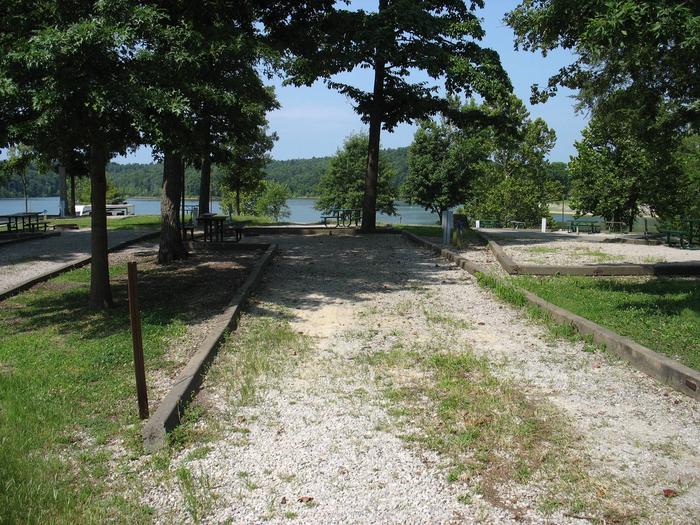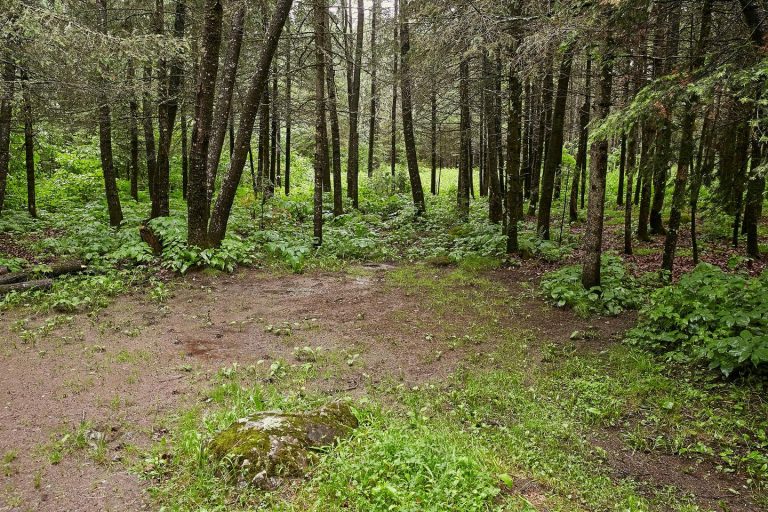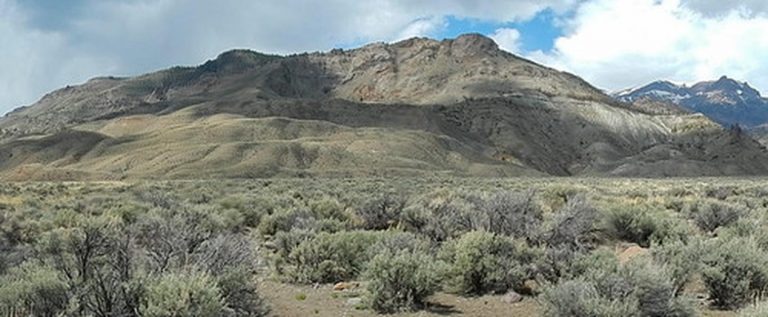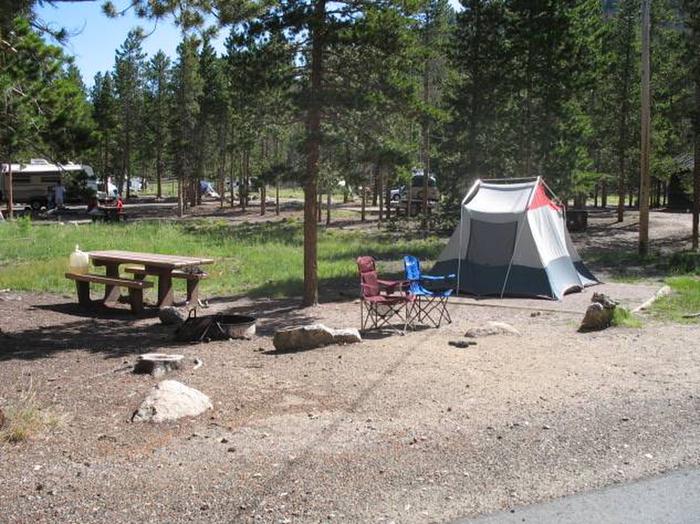Directions
Turn north on Montana Highway 16 off U.S. Highway 2 at Culbertson. Follow Highway 16 north for approximately 22 miles until you reach Medicine Lake National Wildlife Refuge (NWR), which is marked with a large entrance sign on North Shore Road. The town of Medicine Lake is located near the northwest boundary of the Medicine Lake NWR. The Fort Peck Indian Reservation borders the west boundary. The towns of Plentywood and Culbertson are about 20 miles equidistant north and south, respectively, along Montana State Highway 16. 223 North Shore Road Medicine Lake, Montana 59247
Phone
(406) 789-2305
Activities
WILDERNESS
Camping Reservations
Reserve your campsite at these camping areas:
Hiking Trails
Looking for nice hiking areas to take a hike? Choose from these scenic hiking trails:
Related Link(s)
Medicine Lake National Wildlife Refuge
The Medicine Lake Wilderness now contains a total of 11,366 acres and is managed by the Fish & Wildlife Service. All of the Wilderness is in the state of Montana. In 1976 the Medicine Lake Wilderness became part of the now over 110 million acre National Wilderness Preservation System.
Medicine Lake National Wildlife Refuge lies within the glacial drift prairie of northeastern Montana. The gentle rolling hills and numerous shallow wetland depressions were created by repeated advances and retreats of glaciers. More than 12,000 years ago, a one to three mile-wide valley bordered by pre- and postglacial terraces was formed by a glacial front along the ancient route of the Missouri River. Several buried glacial outwash channels and the buried ancestral Missouri River channel created the Clear Lake Acquifer which lies under the eastern portion of the refuge. Medicine Lake is a large shallow lake which filled this ancient valley. The Medicine Lake Wilderness includes the main water body of the lake and the islands within the lake. The Sandhills Wilderness area is located southeast of the lake where large sand deposits formed from prevailing northwest winds which scoured sand from the lake bed. The sand deposits formed choppy sand dunes ranging between 20 and 40 feet in height.
The 31,660-acre Medicine Lake National Wildlife Refuge conserves diverse wetlands and grasslands to provide breeding grounds for migratory birds and other wildlife. It has been designated 1 of the top 100 globally important bird areas in the United States by the American Bird Conservancy. Over 126 species of birds are documented to breed in the area, including an abundance of waterfowl, grassland birds and colonial nesting birds.







